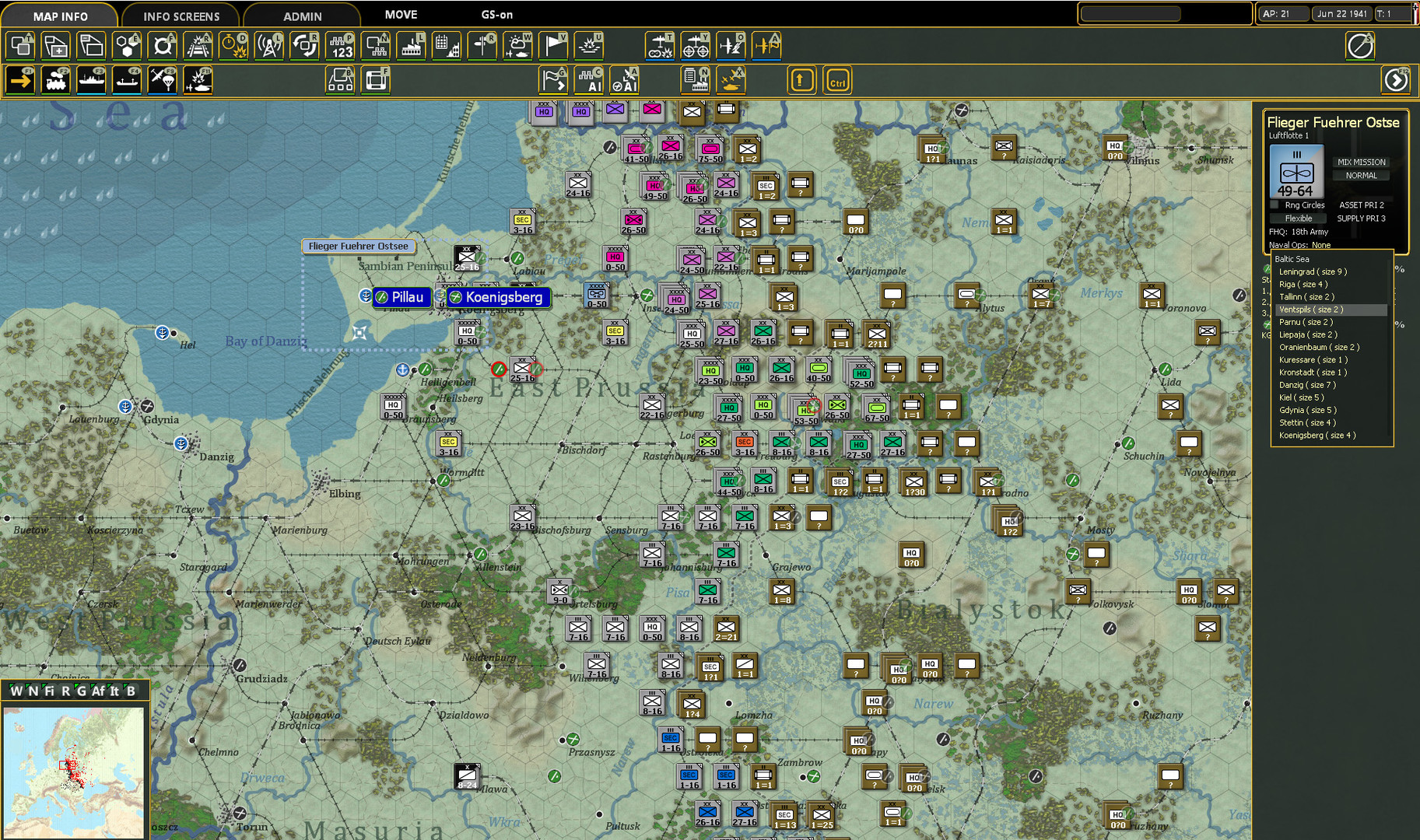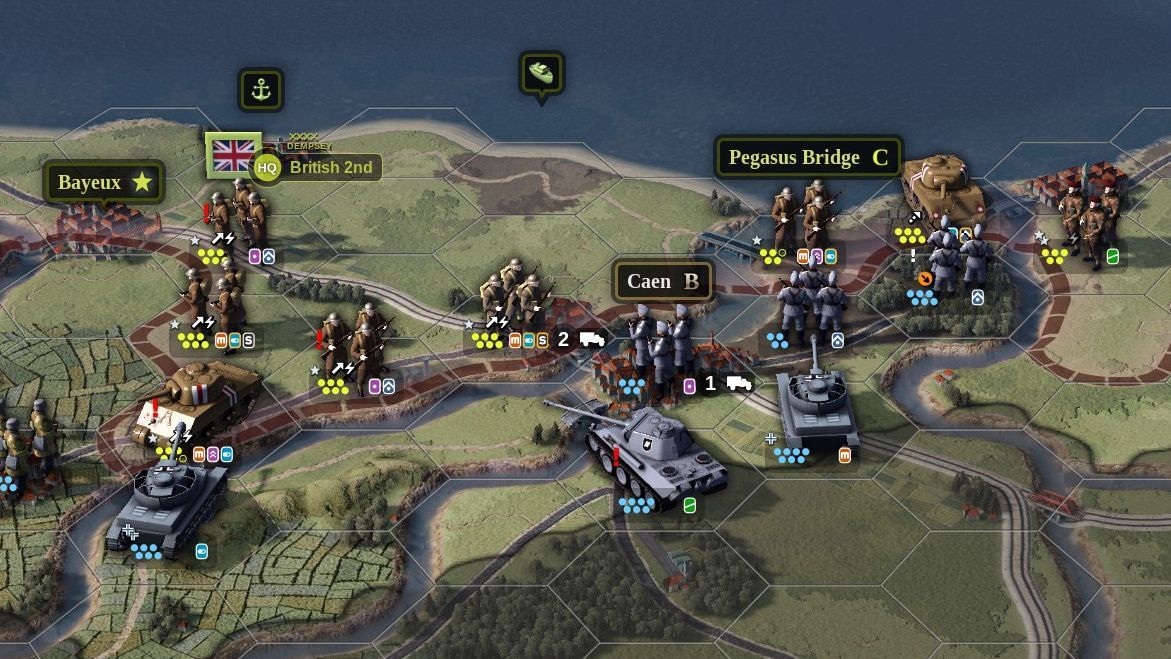Chairman Yang
if he talks about books, you better damn well listen
Unity of Command 2 is a WW2 wargame, a generally unwelcoming genre known for exhaustive historical detail, ugly graphics, impenetrable UIs, and catering to the esoteric tastes of fans of the genre, often known as "grognards". Here is an example of a game that's NOT Unity of Command 2:

Unity of Command 2 is also an amazing turn-based strategy game that avoids all of the problems I just mentioned. It captures the essence of WW2 without getting bogged down in overwhelming detail, has a clean, readable, pleasant art style and UI, and is incredibly accessible. If you played and enjoyed something like Advance Wars, there's a high chance you'll enjoy this too. It looks like this:

So, if you're a strategy gamer, why should you care about this game among the flood of other options? Aside from the qualities I mentioned above, there's this:
It has amazing level design: Maybe a weird thing to say about a strategy game, but each scenario in this game is carefully hand-crafted to deliver an appropriate level of challenge (with optional objectives if you want more difficulty), allow you to exercise creativity on the battlefield, provide a variety of gameplay styles (from a well-equipped but inexperienced Allied army trying to amphibiously invade mountainous Italy, to desperately throwing inferior Soviet troops at the Nazi war machine at the height of its powers in an attempt to hold until winter, to fast-moving back-and-forth desert warfare), and give a real WW2 flavour, even if you know little or nothing of the conflict.
It has the best logistics in any video game ever: Unity of Command 1 originally got lots of attention for its amazing simulation of logistics and supply lines. Unity of Command 2 keeps up that tradition, and has elegant gameplay systems to let you feel like a genius as you surgically cut off or surround enemy units. Simply put, each turn units don't get supply means they start degrading quickly and become incapable of breaking out. You can defeat superior forces with minimal losses--but beware the excellent enemy AI doesn't do the same to you. It's a fascinating extra dimension to gameplay that I don't think any other game has done nearly as well.
It has light but impactful RPG elements: Many of your units will carry over from scenario to scenario as you progress in the campaign. As you use them again and again, upgrade their capabilities with special brigades (like artillery for bombarding enemies without risking getting hurt, anti-tank equipment, engineers to cross rivers, etc.), and have them gain experience, you'll get to know their capabilities better and better and even start to grow a bit attached to them. It isn't XCOM, but it captures a perfect amount of that feeling for a much larger-scale set of battles.
It has an interesting strategic layer: Again, it's light compared to the nitty-gritty of the actual scenarios, but you'll make some meaningful strategic decisions on the periodic strategic screen. You can upgrade your operational capabilities, buy special cards with a host of different effects (more air power, naval bombardment, better supply trucks, paratroopers, and many more), and pursue alternate history scenarios if you do better than the commanders in actual WW2 history.
It's just a great, engrossing, well-tutorialized game. Hardcore wargamers seem to love it too, but this is a game that's had a lot of crossover success to the wider group of people who just like strategy games. It has multiple difficulty levels (even aside from optional objectives) and feels well-balanced whether you want a mild challenge or something brutal. I highly recommend it!
(I'm sorry for posting this after it was on deep discount during the last Steam sale. I'll try to bump this when it's cheap again!)
